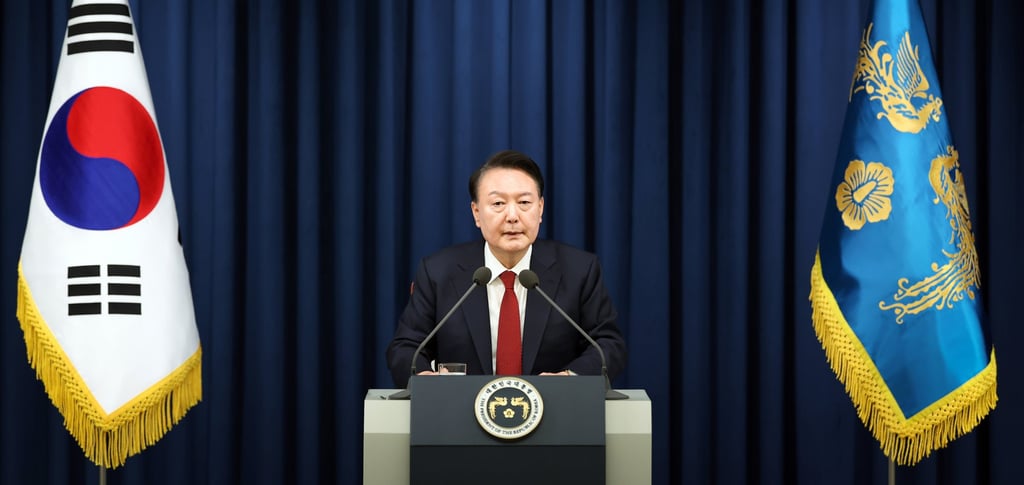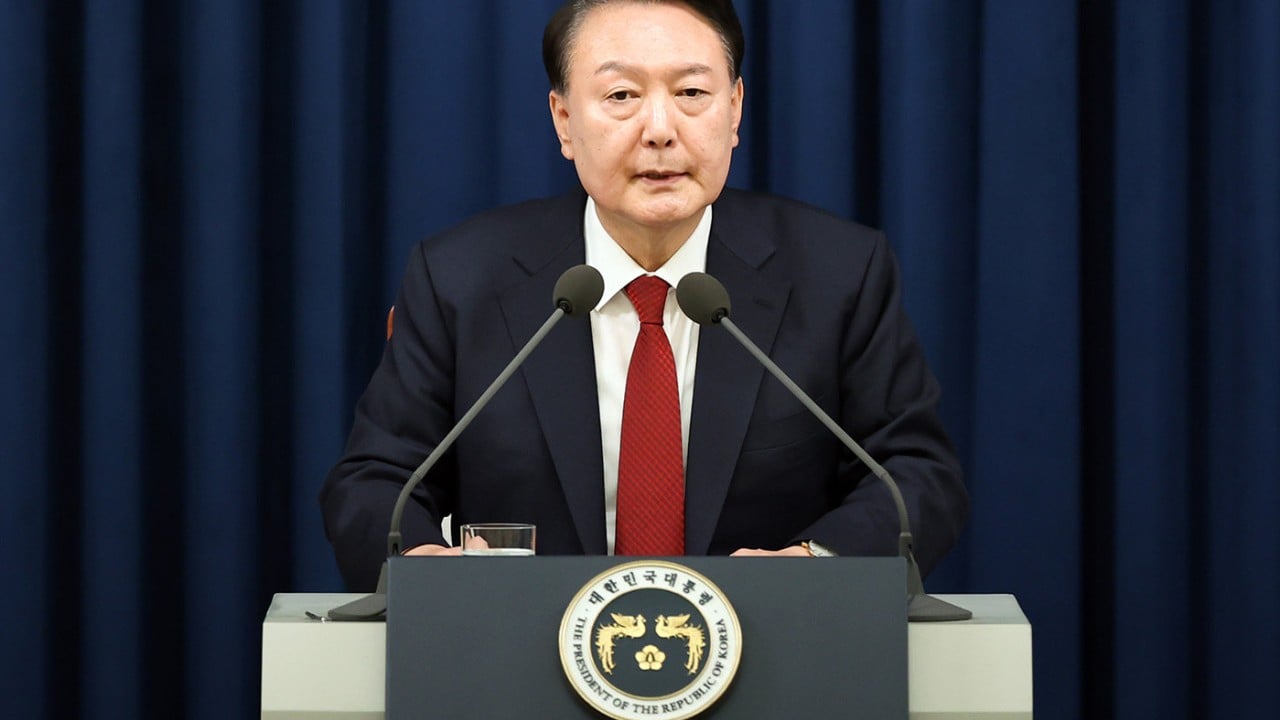South Korean lawmakers passed a bill on Tuesday to appoint a special counsel to investigate treason charges against President Yoon Suk-yeol and other top military officials over his botched attempt to impose martial law.
Advertisement
Additionally, Yoon’s ruling People Power Party (PPP) is exploring his potential resignation as early as February, and considering a snap election in April or May over the ongoing turmoil.
In a plenary session vote, 210 of the 287 attending lawmakers, including 23 from the PPP, backed the bill. The PPP allowed members to vote at their discretion without a party line. The bill seeks to establish a permanent special counsel to conduct investigations independently of existing authorities, reducing potential presidential or governmental interference.
Unlike regular special counsels, the president cannot veto a permanent special counsel, allowing the Assembly to immediately start recommending candidates.

The main opposition Democratic Party had advocated for a special counsel investigation, arguing that public prosecutors cannot be trusted to conduct a thorough investigation of Yoon, a former prosecutor-general.
Advertisement
Opposition parties and many experts say the martial law decree was unconstitutional. They say a president is by law allowed to declare martial law only during “wartime, warlike situations or other comparable national emergency states” and South Korea wasn’t in such a situation. They argue that deploying troops to seal the National Assembly to suspend its political activities amounted to rebellion because the South Korean Constitution doesn’t allow a president to use the military to suspend parliament in any situation.

